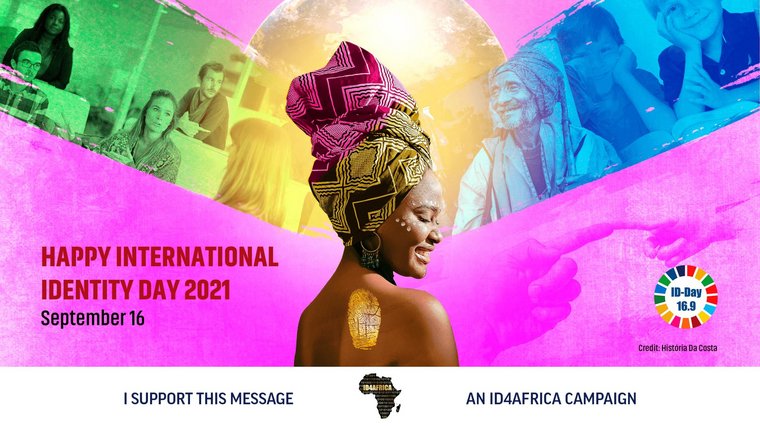Few people in positions of authority understand what it means to be unable to prove who you are. However, for more than 1 billion people around the world, this is a day-to-day reality, and over half of these are in Africa. This situation helps nobody, and fixing it would bring proven benefits for governments, companies, and individuals. This is why Veridos supports the UN’s Sustainable Development Goal 16.9 to provide a legal identity to everyone by 2030.

The ‘invisible’ millions without identity documents
Having a legal identity is an individual’s human right, and it can drive growth, tax revenue, and access to services in countries across the world.
An identity crisis
A legal identity has significance beyond addressing issues such as identity theft and fraud. It is not just about birth registration, or civil rights. It is not just about economic benefits. It is about all of this and more.
Identity systems can serve as a powerful tool for development. This is true in a number of areas, such as women’s empowerment and gender equality, financial inclusion, and health. They are also important in fueling the development of economies and increasing tax revenues.
The benefits are particularly significant for developing countries. As ID4Africa highlights, the continent’s economic growth is accelerating but the benefits are unevenly distributed.
Inclusiveness is essential if social development is to match economic growth and generate long-term gains. Legal identity offers important value to individuals through social, financial, and political inclusion, civil rights protection, the rule of law, and transparency.
These are just some of the excellent reasons why Veridos has been providing citizens from more than 100 countries with identity solutions ranging from ePassports to driving licenses in countries as diverse as Uganda, Bangladesh, the United States, and Canada.
A focus on Africa

However, as the World Bank identifies in its report on the state of identification systems in Africa,1 only a few countries have well-developed identity systems and are in a position to capture either the financial or wider social benefits they can offer.
In light of this, the NGO ID4Africa has started a movement to recognize September 16 as “ID Day.” The day (16.9) echoes the numbering of the UN goal: providing a legal identity for all, including free birth registrations, by 2030. It hopes that this will create a focus for taking forward its mission to make an “identity for all in Africa as a driver for social and economic development.”
There are good examples of innovation on the continent. There are some joint ventures between the private sector and governments that have delivered solutions to the complex issue of electronic documents and identity verification using biometric data, amongst other measures.
These are important steps along the way to introducing full digital identities, which the McKinsey Global Institute estimates could bring up to 6% extra economic growth for developing countries by 2030.2
However, over 500 million people in Africa have no way of proving their identity in any way at all. So much more must be done to give them the legal recognition that will open up access to new opportunities.
“We believe unique identities are a human right, granting access to the physical and virtual world“
Veridos CEO
Proof of identity
Realizing the benefits of a legal identity requires the right technology designed with the right principles. It is important to think about all aspects of what the identity service is designed to deliver. Birth registration? Of course! Proof of identity? Without doubt! Protection from identity theft? No problem! Moreover, it has to be a document to access government services, assert civil rights, or prevent voter fraud. In a next step, this document can be the beginning to give people access to online services. There are so many ways in which technology in this space can improve life for governments, companies, and citizens. One successful example is Mexico, where the introduction of the Mexican Voter ID card has helped to reduce voter fraud significantly.
Published: 16/09/2021
Share this article
Don’t miss out on the latest articles in G+D SPOTLIGHT: by subscribing to our newsletter, you’ll be kept up to date on latest trends, ideas, and technical innovations – straight to your inbox every month.


